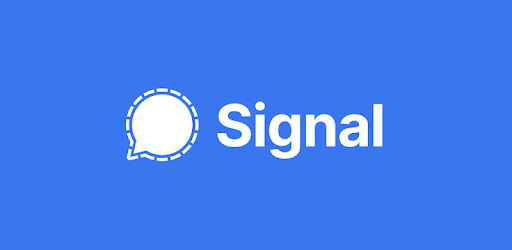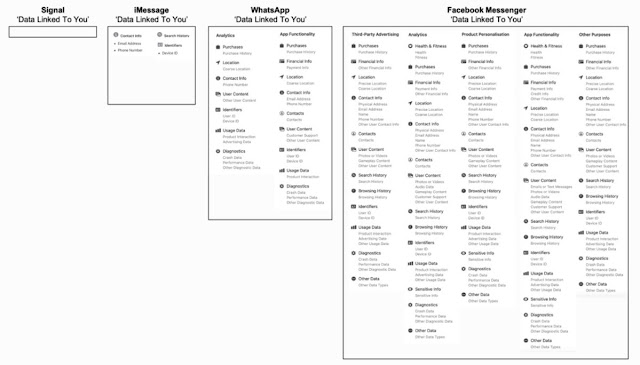
What is Signal and why is everyone using it
Signal is a free and open-source software application that is available on Android, iOS, and Desktop. It employs end-to-end encryption, allowing users to send text, picture, and audio and video messages securely, and have encrypted phone conversations. Signal's USP is focused on privacy. Many have claimed that it is the most secure messaging app and it protects users' data adequately. Signal is developed by a non-profit foundation and is funded by donations. It was formed by Moxie Marlinspike and Brian Acton on 10th January 2018.
Signal is a messaging app, pretty much like WhatsApp, Messenger, iMessage, etc but what makes it so popular and why has there been so much attention on it lately? In the past couple of weeks, both Signal and Telegram have recorded a considerable influx of new users bringing it to the No. 1 spot on both Google Play Store and Apple App Store's top free apps lists this week. Signal even tweeted that their verification codes were facing a delay because of the number of new users coming to the app.
Verification codes are currently delayed across several providers because so many new people are trying to join Signal right now (we can barely register our excitement). We are working with carriers to resolve this as quickly as possible. Hang in there.
— Signal (@signalapp) January 7, 2021
All this started happening shortly after WhatsApp updated their privacy policy in which they state that WhatsApp is gonna be sharing some of its users' data with Facebook. It appears that so many people are not cool with the idea, thus the best alternatives are Signal and Telegram. Tesla CEO, Elon Musk even made a tweet, encouraging people to use Signal. And this is not surprising because Elon has always despised Facebook due to privacy concerns. In 2018, he had his personal Facebook page removed as well as those of his companies, Tesla and SpaceX.
Use Signal
— Elon Musk (@elonmusk) January 7, 2021
Signal App — Hands-on
After I downloaded the Signal app, setting up was quite easy, pretty much like what you'll have on WhatsApp, the phone verification and the permissions request. As expected, not many of my contacts are using the app, probably because there might be no need having two messaging apps when your current one works just fine. The user experience isn't different from what you'll expect from a messaging app. It features one-to-one messages, groups, stickers, photos, file transfers, voice calls, and all. On Android, Signal can replace your default text messaging application, meaning you can send and receive your regular unencrypted SMS messages in the Signal app. The app has a special "Disappearing Messages" feature, whereby you can set the messages you send to be deleted after a specific time, usually between 5 seconds and 1 week. The app does not have a Status/Story section which is present on WhatsApp and many other social media.
FAQs on Signal
Why Signal?
Signal does the normal stuff that messaging apps do, send text, picture, and audio and video messages, But why should you pick it over the other alternatives? The answer is Security. Apart from the fact that Signal does end-to-end encryption of your messages, it does not collect its users' data of any sort. the only information it collects is your phone number which is important for your identification. If you are someone who cares a lot about your privacy, Signal's got you covered.




0 Comments: